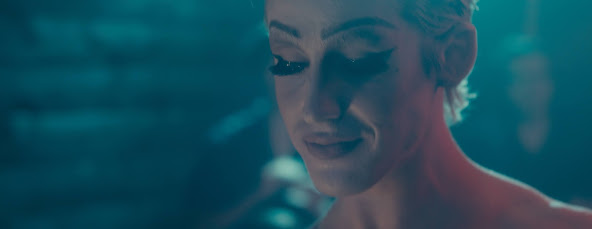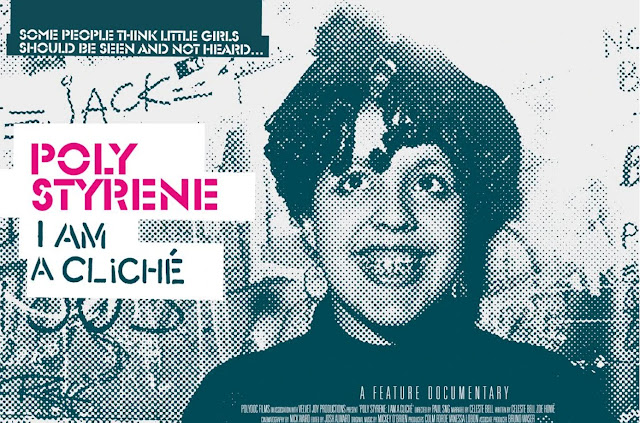Telling the story of Connie Norman, the HIV-positive, transgender former sex-worker who became a leading voice in ACT UP's political activism to fight the AIDS epidemic in the late 80s, director Dante Alencastre's AIDS Diva hopes to acknowledge the contribution this forgotten figurehead had to the movement and establish her legacy for a new generation.
Connie lead quite the remarkable life, having once worked as a drag queen in San Francisco before turning tricks and doing time in prison, then transitioning and becoming one of the most visible (and vocal) transgender people of the era through her work with the direct action group ACT UP/LA upon the outbreak of AIDS. Leading marches and making powerful statements from the podium about the "genocidal neglect of Reagan and Bush", she gained a level of notoriety that lead to appearances on radio and TV as a reliably opinionated firebrand. As a transgender woman, this step into the forefront of political activism was something Connie was hesitant to do at first, having faced negativity towards her trans status from some areas of the gay community and within AIDS activism, but following her own diagnosis of HIV-positive in 1987 she felt she needed to be a part of the fight.
A natural leader who people listened to, the way Connie is portrayed in the wealth of archive video footage that's in AIDS Diva - of week long vigils outside hospitals demanding more beds for patients and marching on the streets - could be used as a guide on how to become an activist. At a time where we have hoards of people campaigning across the world over social, racial and healthcare issues, AIDS Diva is incredibly timely in its portrayal of how to make change through the power of making your collective voice heard. Although Norman passed away many years ago, there's plenty of her contemporaries eager to offer anecdotes of the ferocious nature of Connie, and help tell her story in the early years of the HIV/AIDS crisis, along with more personal expressions from her "Tribal Writes" newspaper column.
Within the footage of Connie is her appearances on right-wing "moral panic" lead talk shows like Wally George, knowing her presence would push a few buttons in the audience but also hopefully nudge a few people in the right direction. There's a great term Connie uses during an interview, talking about "GOB-ism", referring to the small minded "Good Ol' Boys" she had to deal with growing up as a queer kid in Texas, who she now saw as the same people running the country and neglecting some of its citizens. Although some things might have changed recently in the leadership of America, it's hard not to wonder how Connie would have reacted to the upheaval of the Trump era and the health crisis brought on by the pandemic.
What will also resonate for a modern audience is Connie's evolving definition of gender, describing it in 1993 as a "fluid spectrum". This film serves as a snapshot of a less sympathetic time for the trans community (talking heads using terms like nelly and sissy), when transgender women were forced to come off medication and either present as their assigned at birth gender in order to receive treatment for AIDS or hide themselves from the public. That's why having Connie's voice was such an important one to include in the fight against AIDS, and this film should allow a new generation to appreciate her contribution to the cause.
With an acknowledgement that they weren't just fighting for themselves but for future generations, AIDS Diva: The Legend of Connie Norman is a document of a time of fear and change, and a compelling, powerful account of political activism at work.
Verdict
4/5
AIDS DIVA: The Legend of Connie Norman is screening as part of the BFI Flare LGBTIQ+ Film Festival. The full line-up can be found on the BFI Player here.


























